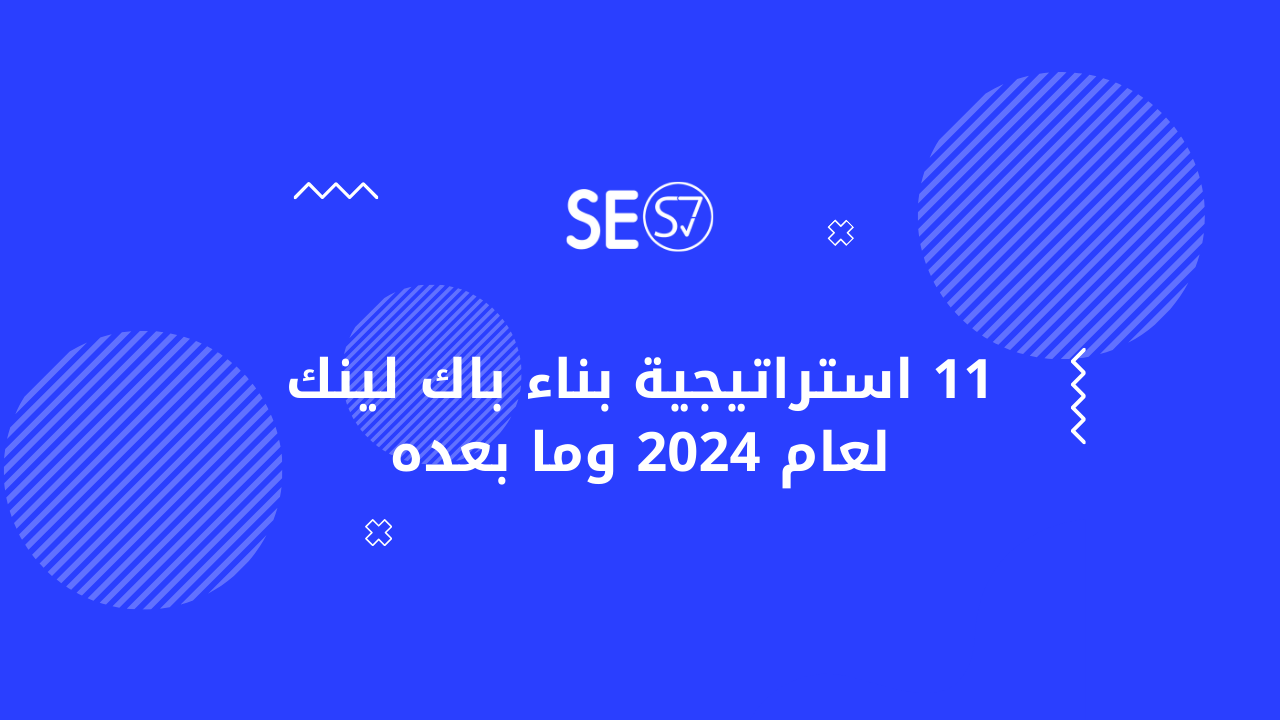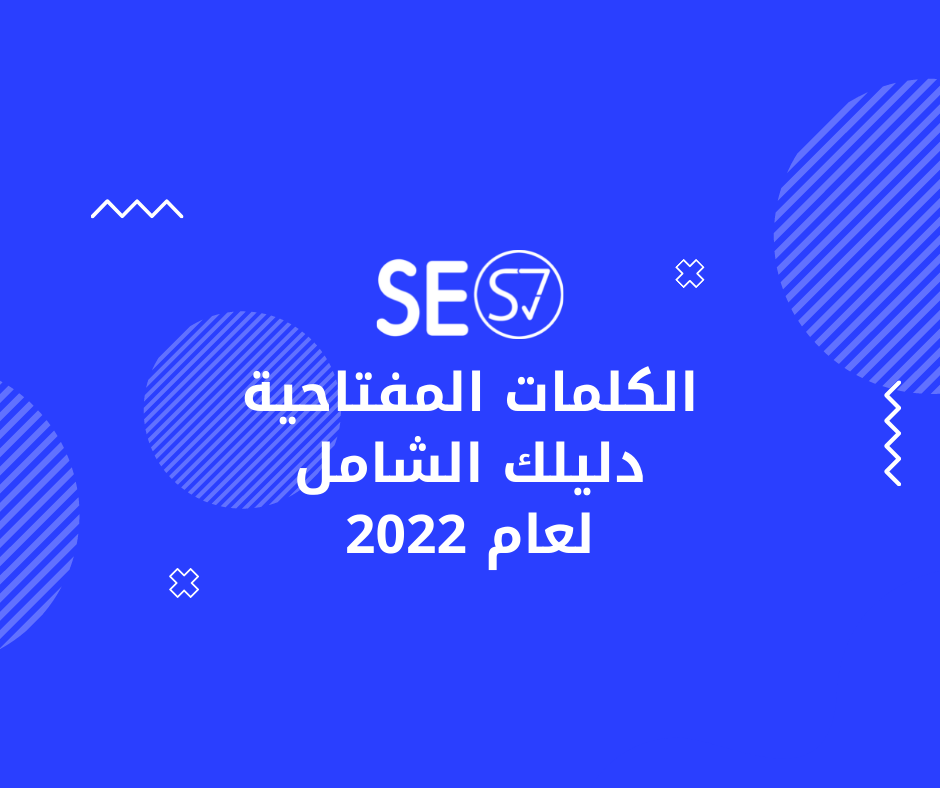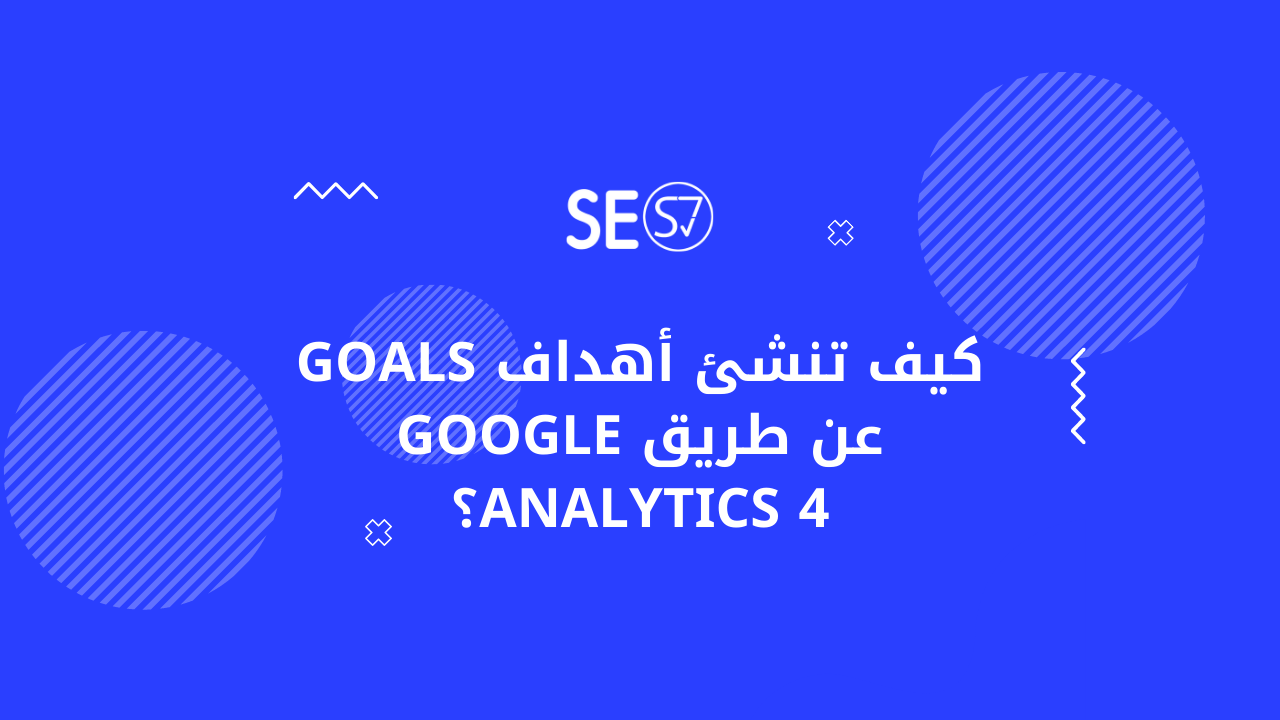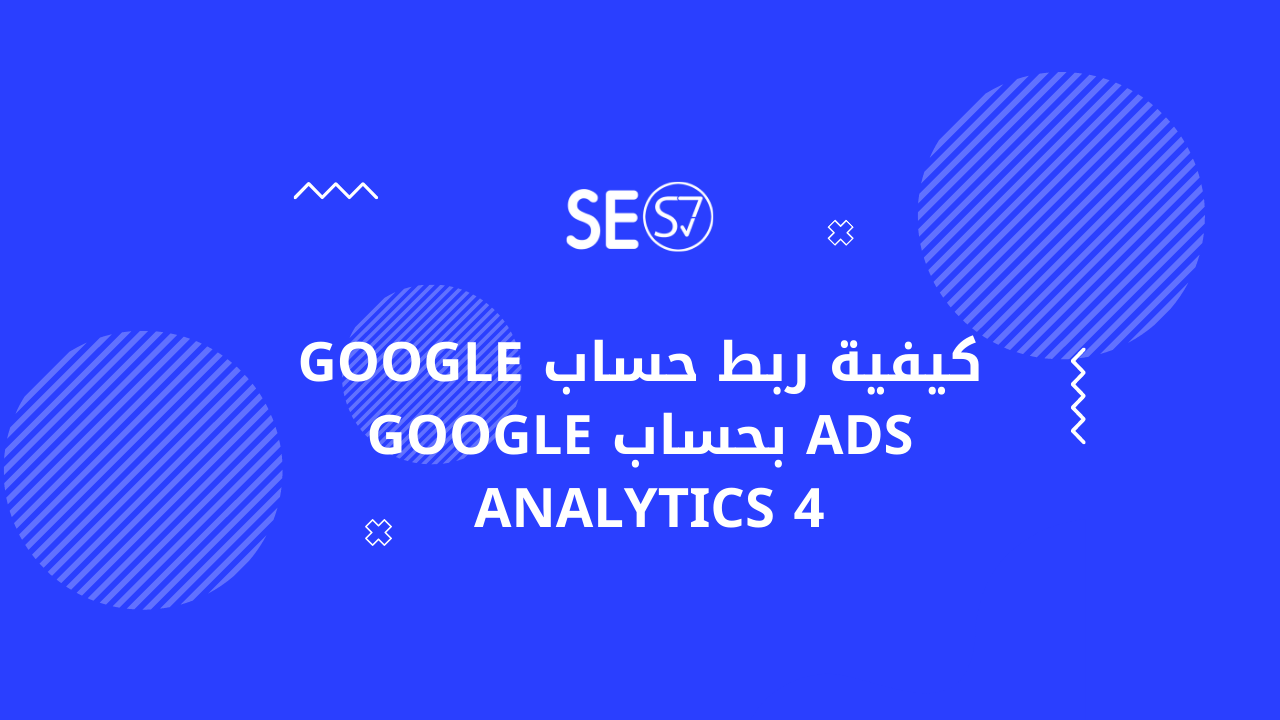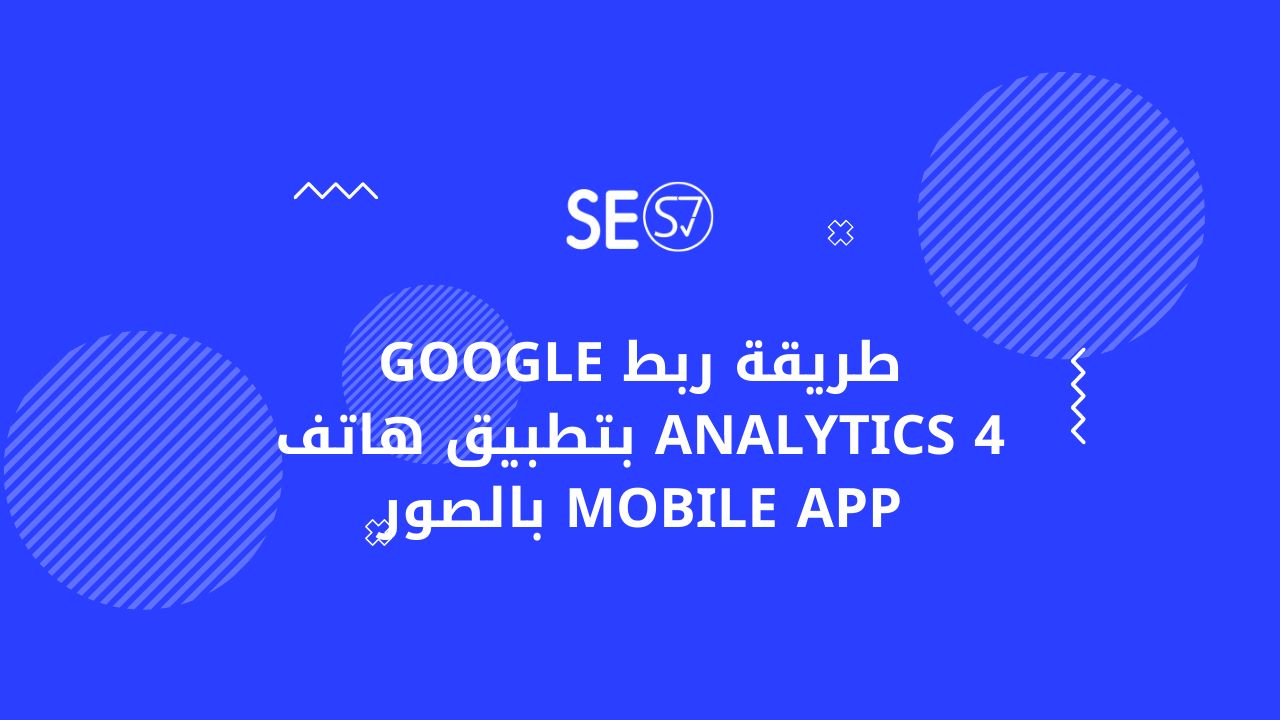
Over 10 years Google was relying on what is called a team to manually evaluate results in search engines, which is simply a group of people Their number reaches 10,000 people They manually evaluate the results and sites that appear in search engines in order to help Google’s algorithms and machine learning devices develop and provide results that are “more useful and consistent with the searches” carried out by the researcher.
In order for this large number of people to be able to do this task, Google provided a printed guide and called it: Search Quality Evaluator Guidelines The number of words exceeded The 58,000 wordsIt contains all the guidelines and instructions that a person who evaluates websites needs so that he can do his work correctly and achieve its expected purpose, which is to develop Google’s automatic algorithms.
In this article we will Seo is right Summing up this great evidence, we can almost be certain that he only saw it Very few website owners In the Arab world, and this is the reason that prompted us to summarize and simplify it and share it with you in the form of clear and direct excerpts and points.
The purpose of this article is to help you know which evaluation factors... Depends on it Google officially ranks website results in search engines And try to benefit from it on your sites and avoid errors that may reduce your site’s rating in search engines and thus decline its results.
List of article contents:
The first factor: the purpose of the page (Purpose of Webpage)
The second factor: Content that affects people’s lives YMYL
The third factor: Evaluating the main and supplementary content on the page
Fourth factor: The people and entities behind the website and written content
Fifth factor: Important pages on the site
Sixth factor: The reputation of the website or content writer on the Internet
The seventh factor: experience, eligibility, and credibility (EAT).
The eighth factor: acceptable amount of content
Ninth factor: No misleading advertisements for the user
The tenth factor: Avoid copied, translated, or paraphrased content
Factor Eleven: Avoid content that is automatically generated
Guide to understanding the researcher's intent to provide the best possible content
Double your site visits From search engines
Are you ready to get started?

In the beginning, Google explains in the printed guide, which you will find a direct link to in the sources at the bottom of the article, the importance of evaluating sites manually by volunteer people, as they confirm that Staff The person responsible for the search engine and developing its algorithms always seeks to provide the best experience for researchers, which requires them to conduct these tests continuously and in parallel in a large number of fields and languages.
One of the conditions for participating in the evaluation process is that the person who does this must have extensive experience in using search engines and various search methods, or what is called a Search Operators And the use of advanced research methods Advanced Search To reach customized results that the ordinary researcher does not reach.
The first factor: the purpose of the page (Purpose of Webpage)

Starting from the goal of the pages on your site, as it is logical for the news site to provide a main page full of news, for the programs site to provide a page displaying the most important programs and links to download them, and for the hotel reservation site to provide a page for each hotel with the possibility of booking or requesting communication, etc....
Therefore, if your site does not achieve the expected goal of its existence, this is the first factor on which Google evaluates your site, whether negatively or positively.
Advice SEO true When starting a new website, examine the three strongest competitors in your field, learn about the way they present their content or service, and try to provide a similar browsing experience, and do not seek to create a unique browsing experience, because this will often affect you negatively in the beginning.
The second factor: Content that affects people’s lives YMYL

There are some types of content that may directly affect people's lives, negatively or positively, and the most important of these types are medical content, which may directly affect people's lives, and investment and money management content, as they may affect people's livelihood.
For this reason, Google stresses that it has very high evaluation standards when it comes to the content of medical sites and investment and money management sites.
True SEO advice It is always recommended that when starting a website in any of the medical or financial fields, you should use reliable sources to gain Google’s trust in the content of your site in the beginning and avoid punishment or decline as a result of the lack of reliability conditions in the content of your site.
The third factor: Evaluating the main and supplementary content on the page

Google robots divide the content into two parts:
The main content on the page is MC or Main Content This is the content on the basis of which the search engine evaluates the quality of your page and the extent of its strength and its deservingness to appear in search engine results, as shown in the following examples.

What parts of the main content on the page does Google know?
- Page title
- Content within an article page or description of a product or service
- Pictures and videos inside the page
- Supplemental content such as product reviews, shipping details, product specifications, etc.
- User Generated Content such as comments and reviews
True SEO advice: Exploit each part of the main content on your page to target keywords related to the page content to increase your chances of ranking in the first results on Google.
Supplementary Content on page SC or Supplementary Content Google does not give this content the same importance as the main content because it is content that is generated automatically and randomly, such as:

- Related articles
- Side Bar
- Read also
- Facebook comments
- Internal page links
- hydration
- billing

Google does not rely primarily on supplementary content to evaluate your site pages, but rather they are evaluated in terms of the quality of the user experience they provide to the visitor.
True SEO advice Try to make the complementary content on your site attractive enough for the visitor to click on it to browse more articles or products, as this would give your site pages a higher rating from Google’s algorithms.
Fourth factor: The people and entities behind the website and written content

Who is the founder of the site:-
Google is interested in knowing who are the people or entities whose sites it recommends in search engine results. For this specific reason, you should always add an About Us page to any site you are creating so that Google can know the reliability of this site.
Who are the content writers: -
Google is also interested in knowing who is the writer or maker of the content on the site so that it can know the extent of these writers’ specialization in what they offer, as Google’s algorithms search for the names of the writers and try to link them to the content written in their name on the Internet.
Unless they actually specialize in the content they provide, this is done through artificial intelligence, as Google always does with the sites themselves when they link the external links they obtain (backlinks) to the specialization of the site from which they obtained the backlink.
True SEO advice: Always make sure to create an About Us page that explains details about the history of the site and who is the work team responsible for the site. Also, make sure to host content writers specialized in your field to write on your site under their real names, as this will gain you the trust of the Google search engine in a short time. .
Fifth factor: Important pages on the site

Google is interested in finding some important pages in the sites it prefers in search engine results, and these pages and their type vary from field to field, but there are some basic pages that must be present on every site, as they will gain or lose Google’s trust for your site.
- page Contact US
- page Privacy Policy
– Report violating content page
In some specialized fields, such as electronic stores, there must be dedicated pages such as:
– Return and exchange policy page
- page Payment methods
True SEO advice Always check the largest sites in your field to know what important pages they have on Footer so that you can create pages similar to them.
Sixth factor: The reputation of the website or content writer on the Internet

Google is interested in the reputation of the sites it recommends in search engine results, and Google defines the reputation of the site or content writer as:
- Written reviews About the site on specialized review sites
- Press coverage For websites on specialized news sites
- Written content On open communities such as forums and social media platforms
- Awards won The website or competitions in which you excelled
- Information coverage The website is based on open source encyclopedias such as Wikipedia.
- For electronic stores : Reviews written about the store on specialized review platforms such as Google Maps, BBB, Yelp, Yellowpages, etc....
True SEO advice It is necessary to pay attention to press releases and reviews written about your site on other sites, and this matter has nothing to do with backlinks. Rather, it is what is called Co-Citations, which is mentioning the name of your site in a positive context, whether it is in the form of a review, a press release, or news within any other site.
The seventh factor: experience, eligibility, and credibility (EAT).

One of the most important factors in evaluating websites on the Internet is the term EAT It is an abbreviation for Expertise, Authoritativeness, Trustworthiness in Arabic: experience, eligibility, credibility.
This factor is considered the first factor in the final page evaluation PQ Rating Pages that do not provide “useful” content or provide misleading, deceptive information are considered pages with a poor rating, and vice versa, as this factor depends on three things: -
- The content writer’s experience in the field in which he writes (Based on the content he previously wrote, his account data on social media platforms, content previously published under his name on any other site)
- The fame of the content writer and the site itself (Based on reviews and press coverage obtained by both the content writer and the website)
- The credibility of the content writer and the site itself (Based on the comments in the content, user reviews on specialized review platforms, external links (backlinks), and awards that the site has previously received)
Google identifies some examples of sites with the highest EAT score:
- Medical websites: Medical information and advice should preferably be written by medical institutions or accredited doctors with proven and accredited medical experience, and must be presented in the form of professionally coordinated content and be audited, reviewed, and updated periodically.
- News sites: News content must be published by professional journalists. The information published within the news must be truthful and supported by sources and help the reader understand the events better. News sites must contain a public editorial policy that Google and editors can easily access. Example 1 ، Example 2 .
- Investment sites: The content writer must have proven experience in the field of investment he is talking about, and content of this type must be reviewed, audited, and updated periodically to ensure that there is no outdated information that may harm those who read and implement it.
Google also says that it accepts written content from people who do not have qualifications or proven experience with certificates or awards, what it calls “ Everyday Expertise “It is the experience resulting from daily life experiences that people share on the Internet on a daily basis in the form of posts on forums, question and answer sites, and personal blogs.” Example 1.
True SEO advice: When you are building a website that revolves around a sensitive topic such as health, investment, or education, seek the help of a reputable book in the field of your website at the beginning to plant the seed of trust with Google. Also, be sure to add: Schema Contributor To show who is the person who wrote this article or contributed to writing it.
The eighth factor: acceptable amount of content

It is not possible to top the first results with less content than competitors, and while Google cares about the quality of the content and the benefit expected from it, it also clearly cares about the quantity of content or the number of words, images, and videos present on the pages of your site, and this matter is considered one of the factors for evaluating sites.
The amount of content is not limited to the number of words of the article or page, but extends to the number of images in the content, videos, comments and everything that falls under the heading Main Content Or basic content.
True SEO advice: Know the number of words in result No. 1 on Google for any keyword you want to target, and try to provide content that is no less quantitative and quality than result No. 1.
Ninth factor: No misleading advertisements for the user
Google clarifies and emphasizes the necessity of not having advertisements that are misleading or distracting to the reader within the pages of your site, as this would reduce your page’s PQ Rating and weaken its chances of being ranked first in the search engines.
The most important types of advertisements that distract readers and make it difficult for them to browse your site are:
– Pop Under ads
– Pop Ups ads
– Intersitial Ads
– Fixed ads when browsing Scrolling Ads
Google explains inside Blog Developers There are some examples of advertisements that are not recommended:
– Ads that push the user to download an application or program to complete browsing
- Pop-ups that hide the content of the page
– Ads between pages that completely hide the content.
Even if there is a button X In advertising, these ads may be considered misleading to the user and make it difficult for him to browse the site, which weakens the evaluation of your site pages.



While these same patterns can be used differently to become acceptable to Google, such as:



- Popup ad provides a notification that your browsing data is saved. Cookies
– Interstitial advertisement to find out the user’s age (or obtain data in any form)
– A Popup marketing ad that does not use more than 30% of the screen size.
But always remember that you must provide the visitor with a button X Clearly so that he can skip the ad if he wants to, and this is in order to avoid getting a negative rating from Google’s algorithms.
True SEO advice: It is not recommended to use any Popups or Interstitial Ads in the first three months of your site, as they will in any case weaken the browsing experience of your visitors. Avoiding them in the beginning contributes to quickly gaining the trust of Google’s algorithms and obtaining a higher rating for your site’s pages.
The tenth factor: Avoid copied, translated, or paraphrased content

While this seems obvious to everyone, Google has clarified in its page evaluation guide what it specifically means by copied or transferred content and what is the permissible amount of copying and transferring so that you can compete in search engine results.
Google defines copied content into 3 types, which are as follows:
Copying content from a known source: It is possible to copy an entire page, copy excerpts from within the content, or copy several articles and combine them into one article in order to try to deceive search engines, but this matter is considered by Google as copying the content and results in a lower rating for your pages.
Copying content and paraphrasing it slightly: This type of copying is the most common, as the writer copies an article from a site or from several sites and changes some words or terms in order to circumvent Google’s algorithms and try to fool robots that this content is exclusive. Google identifies this type of content through artificial intelligence. It is called “adapted copied content.”
Content copied from changed pages: Some people copy the content found in search engine results or on dynamic sites, which makes it extremely difficult to detect this content because the content of those copied pages changes periodically. Google also stresses that this content is considered copied content and results in you receiving the lowest rating for your site’s pages. .
Google's algorithms give the lowest rating to your site's pages if the bulk of your main page content (MC) or the entire content is completely copied without the slightest modification or effort to add benefit to the reader, even if you refer to the source on your page.
True SEO advice: Always try to write exclusive content based on research and reading, as this matter, even if it is more difficult than transferring, copying and rephrasing, actually earns your site the trust of search engines and always places you superior to your competitors. If you intend to rephrase content, do not copy it and then change excerpts and synonyms. Rather, Read it in its entirety, then rewrite it in a different style and arrangement, while trying to add and develop it to become exclusive in form and content.
Factor Eleven: Avoid content that is automatically generated

If your site relies for its content on automatically fetching content via RSS or API only without any addition or modification from you, be sure that your pages will receive the lowest rating from Google, and this is because this content was created without any effort and in the fastest time.
True SEO advice: Even if you rely on RSS or API to bring content to your site, be sure to review and modify it before publishing it, by adding images or additional text clips so that you get a high rating from Google’s algorithms.
Guide to understanding the researcher's intent to provide the best possible content
Google divides searches into three main types:
1. Searches with the most common interpretation or Dominant Interpretation These are the searches in which most researchers clearly mean the “search word” they searched for:

When users search for the word Apple, the dominant interpretation is always Apple, as shown in the previous example, while the common interpretation is apples, and the rare interpretation is that the intent of this word is the name of a person or the name of a city.
2. Common interpretation searches These are searches in which a large percentage of searchers clearly mean the “search word” they searched for:

As shown in the previous example, when the user searches for the word Mercury, the common interpretation among the largest number of researchers is the planet Mercury and the chemical element Hg, while the less common interpretation is that the searcher means the car company Mercury, the insurance company, or the boat engine company Mercury.
3. Searches with a less common interpretation These are searches in which a very small percentage of searchers mean the “search word” they searched for, as shown in the previous example.
True SEO advice Always pay attention to knowing the type of keyword you are targeting in your site’s content before you start writing to provide the type of content that responds to the most common searches or Dominant Interpretation Searches.
The researcher's intention and how to recognize it
As we explained in the previous point that there are 3 types of search operations, there are also patterns of search operations that Google knows in detail in the Search Quality Evaluators Guidelines file, and they are as follows: -
The first mode: Know Queries These are simply searches that ask clear questions or want to know some globally agreed upon facts, for example: Who is the President of the United States of America? What is the diameter of the circle? Population of the Arab Republic of Egypt? Who is the 2020 Champions League champion?
- The second style is Do Queries This type simply includes any search process that wants to do something instantly through a mobile phone. For example: downloading the game Candy Crush, an online personality test, what is my burn rate? Buying an iPhone, etc.
– The third mode: Do Device Queries These are the searches that are completed on the researcher’s own phone, such as: setting an alarm, calling my parents, opening Google Maps, searching for an application within the phone, scheduling a meeting on Google Calendar, etc.
– Fourth style: Website Queries These are all search operations in which the searcher intends to go to a specific site or browse a specific page within a specific site, such as: Facebook.com Or Amazon.com Or SEOS7.COM Or Ebay or Amazon Kindle etc...
– The fifth style: Visit in Person Queries This is the type of search in which the researcher wants to go to a specific place and searches for an address or recommendation from Google Maps, such as: an Italian pizza restaurant, the nearest gas station, a car repair shop, a branch of the National Bank of Egypt, etc.
True SEO advice Depending on the field of your site and the keywords used by researchers in your field, you must provide content that serves the researcher’s intention. Providing informational content in an article is different from trying to be the first in Google Maps to answer searches for Visit in Person Queries, etc....
In the end, the Search Quality Evaluators Guidelines file contains 58 thousand words. In this article, we tried to collect and summarize the most important points and tips that you should know when starting a new site or improving your current site. You can read the guide yourself to find out more information. from here
Double your website visits from search engines
If you want to optimize your site for search engines perfectly, you can fill out your site data through the following form and we will contact you as soon as possible to help you double your site’s visits and profits from search engines.
[ad_2]

